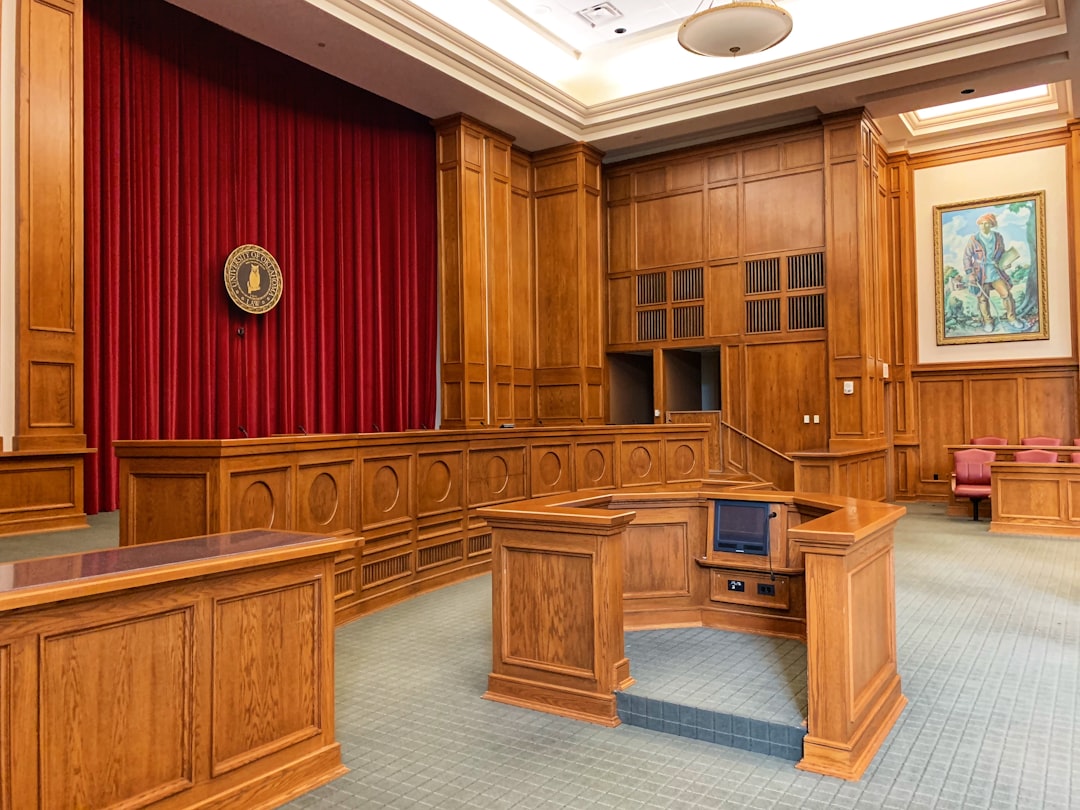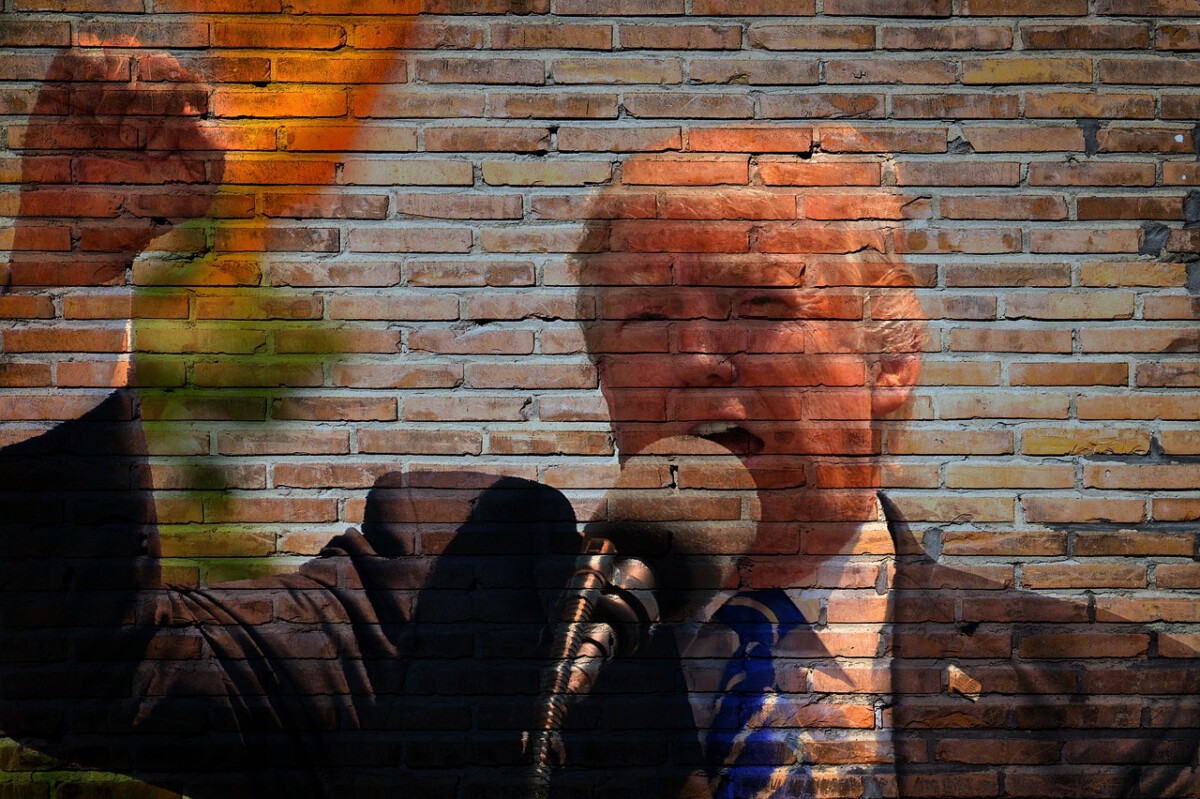The Rise of Populism

Populism has become a significant force in American politics, dramatically influencing the landscape of democracy. The movement is characterized by its appeal to the “common people” and its distrust of established political elites. This has been exemplified by the election of leaders who often challenge traditional political norms, prioritizing nationalist agendas. According to a Pew Research Center study, nearly 70% of Americans feel their voices are not adequately represented in the political process, highlighting a growing discontent with the existing system.
– **Key Characteristics of Populism:**
– Anti-establishment rhetoric
– Direct appeals to the electorate
– Simplistic solutions to complex issues
Historians are divided on the impact of populism. While it can invigorate political engagement and bring fresh perspectives to the forefront, it also risks undermining democratic institutions by fostering division and eroding trust in governance. The challenge lies in balancing populist energy with the stability of democratic norms.
Polarization of Political Parties

The polarization between the Democratic and Republican parties has intensified, becoming a defining trait of American political life. This division is not just ideological; it has permeated social and cultural spheres, making compromise increasingly rare. A 2022 Gallup poll showed that 85% of Americans believe political divisions are damaging the country.
– **Consequences of Polarization:**
– Stalemate in Congress
– Increased hostility among citizens
– Breakdown of bipartisan cooperation
Historians warn that this polarization can weaken the democratic process, as individuals become more entrenched in their beliefs and less willing to engage in meaningful dialogue. The lack of cooperation can lead to legislative gridlock, preventing necessary reforms and advancements.
The Role of Social Media

Social media has reshaped how political information is shared and consumed, becoming a powerful tool in modern democracy. Platforms like Twitter and Facebook serve as arenas for political discourse, but they also amplify misinformation and extremist views. A study from the MIT Media Lab found that false news stories are 70% more likely to be retweeted than true ones, raising concerns about the integrity of information shaping public opinion.
– **Impact of Social Media on Democracy:**
– Rapid spread of misinformation
– Creation of echo chambers
– Challenges in regulating content
Historians argue that while social media can enhance democratic participation, it poses significant risks to informed citizenship. The challenge is to harness its potential for good while mitigating the spread of harmful content.
Voter Suppression and Access to the Ballot

Voter suppression has become a prominent issue in recent political debates, with laws in various states creating barriers for certain demographics to vote. According to the Brennan Center for Justice, over 400 bills aimed at restricting voting access were introduced in 2021 alone. These measures have raised alarms about the fairness and accessibility of the electoral process.
– **Forms of Voter Suppression:**
– Strict voter ID laws
– Reduction of polling places
– Limiting mail-in voting options
Historians emphasize that these measures threaten the foundational principle of democracy: the right to vote. Ensuring equitable access to the ballot is crucial for maintaining the health and integrity of American democracy.
The Impact of the COVID-19 Pandemic

The COVID-19 pandemic has profoundly affected American democracy, influencing public health policy and electoral processes. The necessity of mail-in voting during the pandemic led to significant changes in how elections are conducted. The U.S. Election Assistance Commission reported that 46% of voters cast their ballots by mail in the 2020 election, a dramatic increase from previous years.
– **Challenges Posed by the Pandemic:**
– Disruption of traditional voting methods
– Increased reliance on technology for elections
– Heightened public health concerns
Historians argue that the pandemic has exposed vulnerabilities in the electoral system while also prompting innovations that could strengthen democracy in the future. The lessons learned during this period may lead to lasting reforms.
The Future of American Democracy

Historians stress the importance of adaptability in responding to recent political challenges. The ability to evolve and address new issues is vital for the survival of democratic institutions.
– **Key Considerations for the Future:**
– Strengthening civic education
– Promoting electoral reforms
– Encouraging bipartisan dialogue
Historians advocate for proactive measures to safeguard democracy, emphasizing the need for collective action to address the challenges facing the nation. By embracing adaptability, American democracy can remain resilient and responsive to its citizens’ needs.








